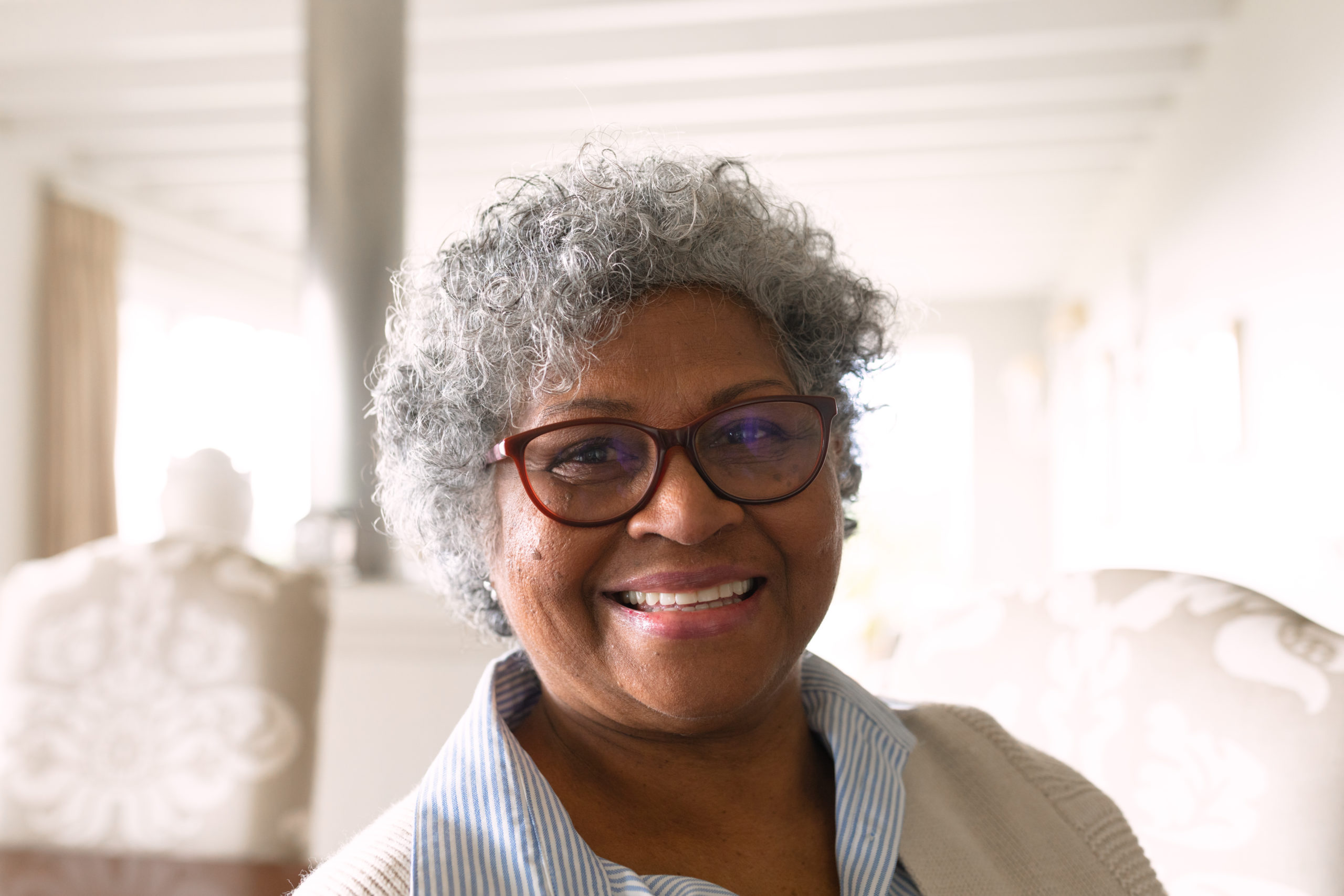The Most Important Thing to an Aging Parent: Independence
The most difficult part about your parents getting older, for you and for them, is the loss of independence. Think about how it feels when you get sick or injure yourself and you are forced to rely on others to do the simplest tasks. Often, the thing that keeps you going is knowing that you’ll recover and be able to return to your normal activities. When age forces a longer recovery, or brings with it an injury or degenerative disease in which there is no recovery, routines and habits have to change to adapt – and sometimes also comes the need for assistance. This loss of independence can be devastating for your parents and add a whole new set of responsibilities for you and your entire family.
When it’s time for them to stop driving, or when it becomes clear to you that they can’t live without assistance anymore, for you, it’s a matter of concern for their safety. For them, it’s the loss of control and freedom to do their own thing, go where they want, when they want to. There is a loss of individuality and can cause a sense of isolation from the people and activities they once enjoyed as fully capable adults. It is important to be patient and understanding when addressing your parents’ loss of independence. Caring for aging parents isn’t just about attending to their physical needs; you have to be sensitive to and have compassion for how hard these changes are for them, catering to emotional needs and their social wellness, too.
The loss of independence is felt most strongly by the parent who recognizes your roles have reversed. You are now having to care for them the way they used to care for you. Framing care decisions in a way that looks less like you’re telling them what to do and more like making decisions together can make the path forward easier – and leaves the parent feeling as if they’re maintaining independence and have a voice in their choice of care.
In an assisted living setting, your parents can still feel a sense of independence, with the added benefit of a full professional staff who can help when needed. Our staff can keep an eye on how they are managing daily living tasks like eating meals and hygiene without being intrusive or forcing them to admit problems that they might be embarrassed to discuss with their children.
The Second Most Important Thing to An Aging Parent: Relevance
With the loss of independence, frequently comes the loss of feeling needed or relevant. Without the ability to do things for themselves and the freedom to participate in activities freely, they may feel like they have no sense of purpose anymore. It is important to your ability to care for aging parents to attend to their social wellness by helping them find ways to engage. Whether it’s finding groups that do activities together, volunteering at hospitals or animal shelters, or getting them involved with your family’s activities, their social wellness can be just as important as their physical wellness.
Simply talking with them and consulting them and keeping them involved in family life as much as you can or talking about their care and health can go a long way to help them feel like they still matter. Even engaging them in your kids’ school work or projects can give them the opportunity to share their wisdom and knowledge and gives your kids the chance to learn about who they are and why. Finding ways to make them feel relevant can go a long way to improving social wellness in seniors.
When they are residents of Cadence Living, their voice counts in every aspect of their care for as long as they’re able to make sound, reasonable decisions – if not, we’ll turn to designated decision makers, like children from their family of origin or family of choice, for help. They’ll be included in activities with their peers, and will be kept engaged. We’ll even explore therapies – such as music therapy – to make sure their social wellness is included in their overall care.
How to Manage Aging Parents Who Refuse Help
Parents who refuse help may be one of the hardest challenges when it comes to how to manage aging parents. The conversation about your parents needing help isn’t an easy one to have. They may fight the idea and push back, even if it really is for the best for all involved.
So, how to manage aging parents who refuse help? It’s a really tricky thing to navigate! It takes patience, empathy, and sometimes difficult decisions on the part of the caretaker – especially if the signs are clear that it is time to either get help in the home or for them to move into assisted living, but the parent is not seeing the signs or is not ready to acknowledge the time has come. It can be a huge step for them to accept that they need more care than they have. And how you approach the topic can make all the difference when it’s time to get help.
- Make sure your parents know that you are on their side, that you want what’s best for them, and that moving into assisted living is not a punishment.
- Consider offering options, allowing them to be the final decision-maker.
- Focus on the positive aspects of assisted living for them, from having trained professionals nearby 24 hours a day to assist with medical and crisis care to having someone else there to make their meals, to having an entire community of peers to participate in activities with.
- Don’t dismiss their feelings; really listen to their concerns. Be compassionate to their fears and be patient with them.
- Especially if there are cognitive issues, remember that they are not the same parents they used to be, and they may need time to adjust to the idea of moving into assisted living.
- Highlight the benefits of having entertainment options – like craft days, group exercise classes or music therapy options – that cater to them and their social wellness – especially if their level of activity has changed radically because of physical limitations.




